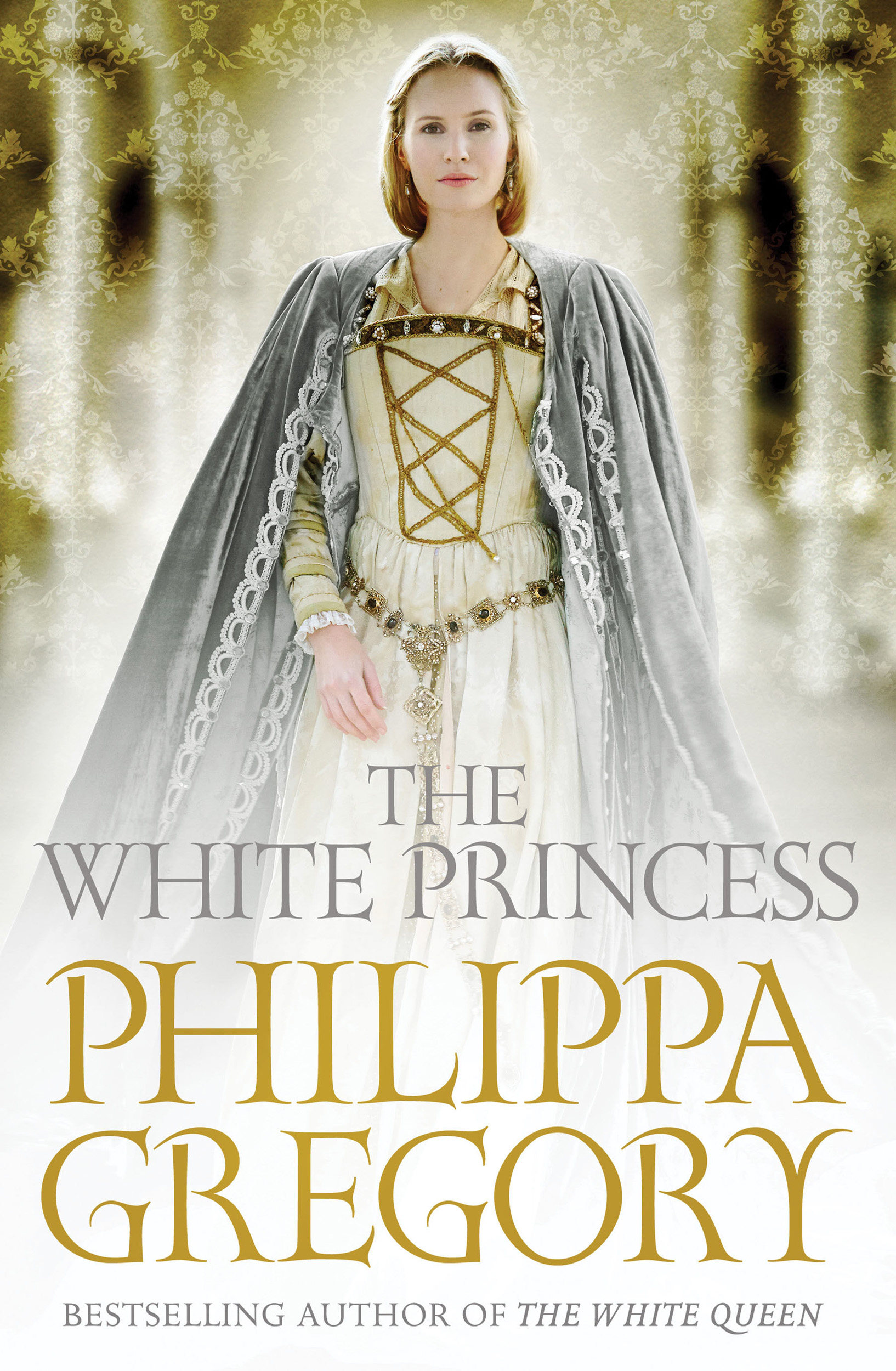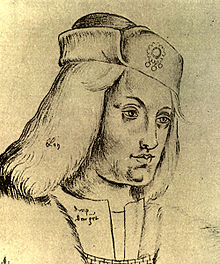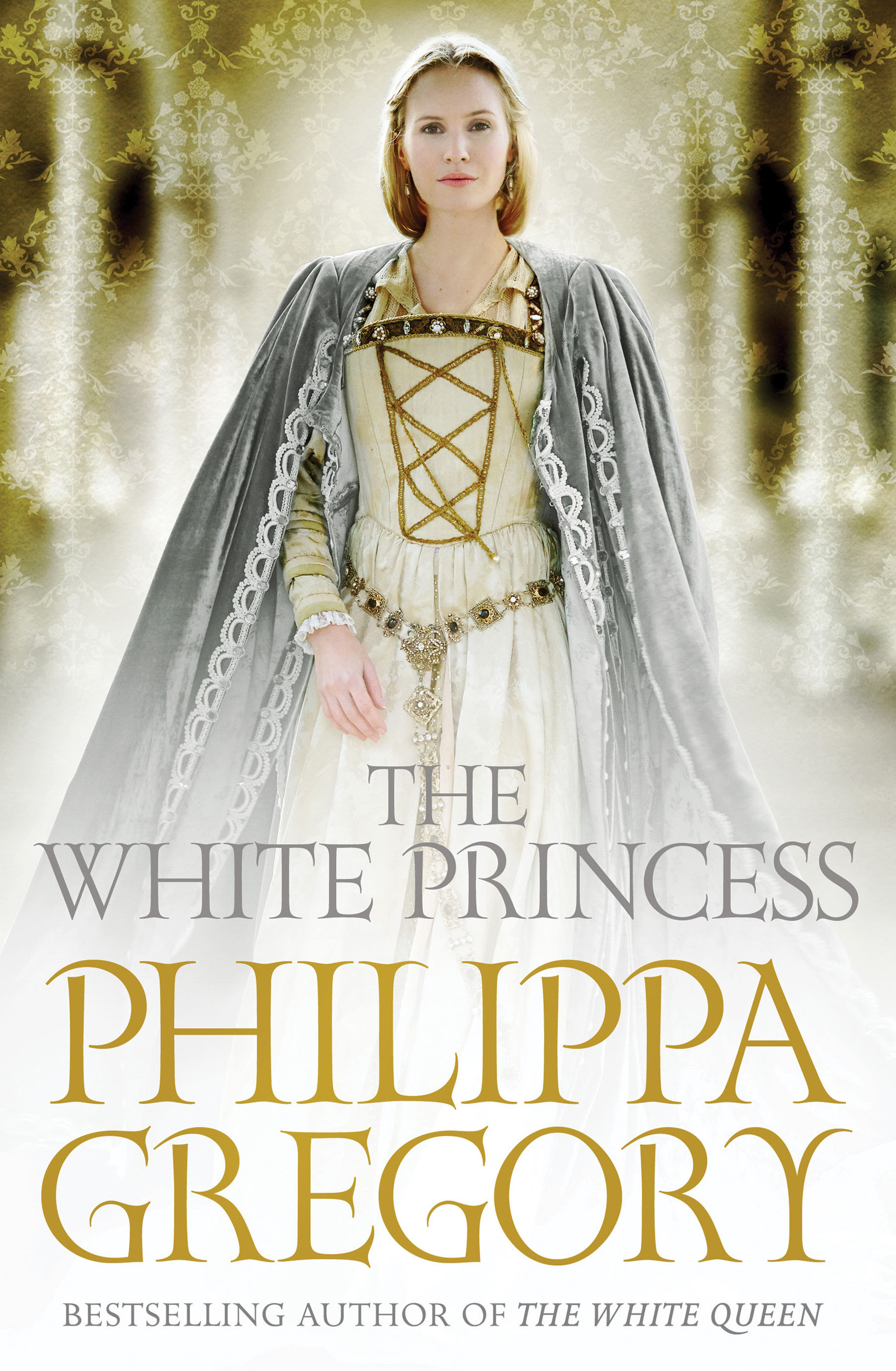
A rather late review considering I read and finished the book within twenty-four hours of its release. I wish that I could say that was because it was such a compelling read. Unfortunately I just wanted to get it out of the way.
The Cousin’s War started as one of the more entertaining series I have read and I have a very high opinion of the first three books, The Lady of the Rivers is one of my favourite books. What started out as a trilogy soon became a quintology, but I find that the latter two books The Kingmaker’s Daughter, and more recently, The White Princess lack any of the appeal found in the earlier novels, and are, quite frankly, rather dull.
The Plot
The White Princess follows the earlier years of Elizabeth of York’s reign as Queen, taking off from where The Kingmaker’s Daughter and The Red Queen left us; with the defeat of Richard III at Bosworth and Henry VII’s imminent accession. Specifically the novel traces Henry’s considerable instability as a new-come king, the numerous plots against him and particularly the pretenders that threatened him. In this series, the pretender Perkin Warbeck, is indeed, Edward IV’s son Richard, Duke of York, and it is Elizabeth’s conflicting loyalties between her husband and brother that are apparently at the centre of the plot.
Authenticity
As with all of Gregory’s historical novels, they are character driven and as such there is less ‘feel’ for the time, with comparatively little description of the period. However, at times, there are moments that are distractingly modern. Henry VII at one point tells Elizabeth that he is allowed to rape her, because it is the fifteenth century, therefore she has no avenue of complaint. Later, Elizabeth makes a comment about how her second son will inherit, only for his heirs to die out leaving the Tudor line to end with ‘a Virgin Queen’. That is a lot of hindsight for a passing remark.
Accuracy
The majority of Gregory’s novels follow the historical timeline exactly, however in this instance there are a couple of discrepancies (though not majorly so), Elizabeth, for example, falls pregnant before her wedding and proceeds to give birth to Arthur seemingly early, causing a great deal of concern for the safety of the baby. Yet Arthur was born exactly nine months after the wedding day, which would not have warranted such concern.
While this is a minor issue, Gregory takes a lot, and I really do mean a lot, of liberties with history in The White Princess, far more than I have come to expect from her novels. Henry VII and Elizabeth of York, historically one of the few genuinely loving couples to come from an arranged marriage, mostly hate each other here, mostly due to his insistence on raping her. (I am still trying to get over the many rape scenes). The novel also draws heavily on a love affair between Elizabeth and Richard of York. While it is of course fiction, the novel is made up of a collection of theories which, while they cannot be outright disproved, have little or no evidence. As for Henry VII’s rape and adultery, that is something new for the novel.
In case the series had not stressed it enough in the previous books, and the supporting television series, Richard III had nothing to do with the murder of the princes in the tower and indeed, this book goes as far as Margaret Beaufort all but admitting it to Elizabeth Woodville and her daughters, while it is apparently common knowledge at court that Richard was innocent.
Characters

I actually dislike every character in this novel, even those who I have loved in the series. Margaret Beaufort is recast as a comical, overbearing mother in law replacing to the gritty, determined heroine of The Red Queen. Elizabeth Woodville has this conflicting ‘the most important thing for me is that you be queen, but I will stop at nothing to kill your husband which will leave you with nothing,’ thing going on, which does not make a great deal of sense. Henry VII, I have already said, is cast as a rapist and adulterer, who repeatedly humiliates his wife before raping her, simply because he can. As a king, he is shown to be incompetent, and as apparently everybody knows without a doubt that Perkin Warbeck is the true king, he is also thought to be a fool as well as a pretender. Then, there is Elizabeth of York herself, who is so utterly bland, she might as well have been representing the beige rose.
At times, Elizabeth read, distractingly, like Gregory’s Catherine of Aragon from The Constant Princess, but before she acquired determination. Overall, she did not have any personality. I could not describe to you any particular traits that she demonstrates, she is surprisingly dull. My major issue with her is that she does not actually do anything in the novel. She spends a great deal of time contrasting her loveless and sexually violent marriage to Henry with her passionate affair with Richard, an affair she comes to regret when Henry himself takes a lover, causing her to reflect on how cruelly she treated the late Queen Anne. Elizabeth of course gives birth many times, yet we see very little of her as a mother.
The novel places a great deal on her unique status as the daughter, sister, niece, wife and mother of a king, but we see her as none of these. Her father is already dead leaving her in penury, she has no relationship with her brother, her uncle is also her incestuous lover, as a wife she is a rape victim and she dies before seeing her son accede the throne. Considering the book is supposed to be about her conflicting loyalties, this just does not appear. She is loyal to her husband out of necessity for her children and she has nothing to do with her brother. Even when her brother lives at court with them, she does not have a single conversation with him, something with which I was immensely disappointed with. This book might as well have been written in the third person about Perkin Warbeck and Henry VII rather than from Elizabeth of York’s perspective, for all the impact she has.

Follow us on Twitter @HistoryRemaking
or on Tumblr













